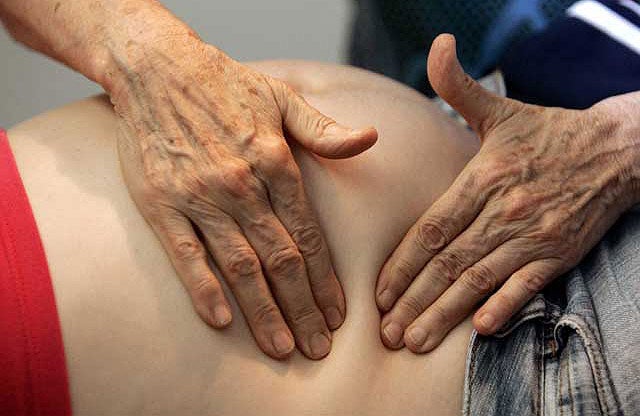Mothers at risk in care crisis
Shock report attacks lack of maternity beds and midwife shortage

A devastating report on the state of Britain's maternity services has concluded that they put the lives of women and their babies at risk.
The first national inquiry into maternity care by the Healthcare Commission, the NHS watchdog, has revealed a critical shortage of midwives, obstetricians absent from wards, a lack of beds and poor continuity of care. These have contributed to high death rates in some units and threaten the long-term health of mothers and their babies in others.
The inquiry, which is the largest ever carried out, involved all 150 NHS maternity units in England. It was triggered by separate full-scale investigations conducted at three trusts where mothers and babies died, which revealed failings indicative of a national pattern.
The three trusts were Northwick Park Hospital in Harrow, where 10 mothers died between 2002 and 2005, New Cross in Wolverhampton, where three babies died in two months in 2003, and Ashford & St Peters in Surrey, where there was a series of serious incidents in 2000 and 2001.
The Healthcare Commission said the root cause of poor performance was weak leadership by managers and medical staff. Many trusts were critically short of midwives, with numbers ranging from 40 per 1,000 births in the best-staffed trusts to 25 per 1,000 in the worst.
Only two-thirds of trusts had a consultant present on their wards for 40 hours a week – the basic safety standard laid down by the Royal College of Obstetricians. The study also revealed a five-fold variation in the number of consultants among trusts, from 3.3 to 0.6 per 1,000 births. In some trusts this meant consultants were present on the wards for just 10 hours a week.
More than £660m was paid out by NHS trusts in the three years to 2007 in negligence cases for obstetric claims – enough to hire 1,000 extra consultant obstetricians. Maternity services account for one in 10 requests to the Healthcare Commission to investigate particular trusts. Today's report, which included surveys of 5,000 staff and 26,000 mothers, says nine out of 10 mothers rated their care as good. But it said there were "significant weaknesses", with wide variations in standards between trusts. Many of the problems identified in earlier investigations were widespread, suggesting that NHS trusts are not giving maternity services priority. Sir Ian Kennedy, chairman of the commission, said: "I don't ever again want to be reading another report into high death rates at a maternity unit."
Maternal and infant deaths in Britain are at record lows, but the consequences of errors can be catastrophic. A tiny mistake can result in oxygen deprivation and brain damage to the baby, resulting in life-long disability and huge compensation payouts.
In January, ministers announced £330m of funding over three years for maternity services, including a commitment to recruit 4,000 midwives by 2012 and to give all women a choice of where to have their baby by the end of 2009. But the Royal College of Midwives claims these targets are a long way from being hit.
A key finding of the 2006 study into the maternal deaths at Northwick Park was that consultants were spending insufficient time on labour wards. Research shows that the presence of consultants can improve care and reduce the number of Caesareans. Dangerous levels of overcrowding were revealed. Some trusts had as few as two beds per 1,000 births, meaning that each had to accommodate more than one woman a day. The pressure on obstetric units meant that staff tended to intervene medically rather than let nature take its course. Research shows that 60 per cent of births should be "normal", but fewer than half of women achieve a normal birth and in a quarter of trusts it is less than a third.
Anne Milton, a Conservative health spokesman, said: "This report exposes Labour's neglect. Doctors and midwives are working hard to give women the best care, but the Government isn't giving them the support." The Government's chief nursing officer, Christine Beasley, said: "We welcome the report which acknowledges that most women have a positive experience of pregnancy and childbirth. Some trusts are doing well and we will work with others that need support."
Join our commenting forum
Join thought-provoking conversations, follow other Independent readers and see their replies
Comments
Bookmark popover
Removed from bookmarks